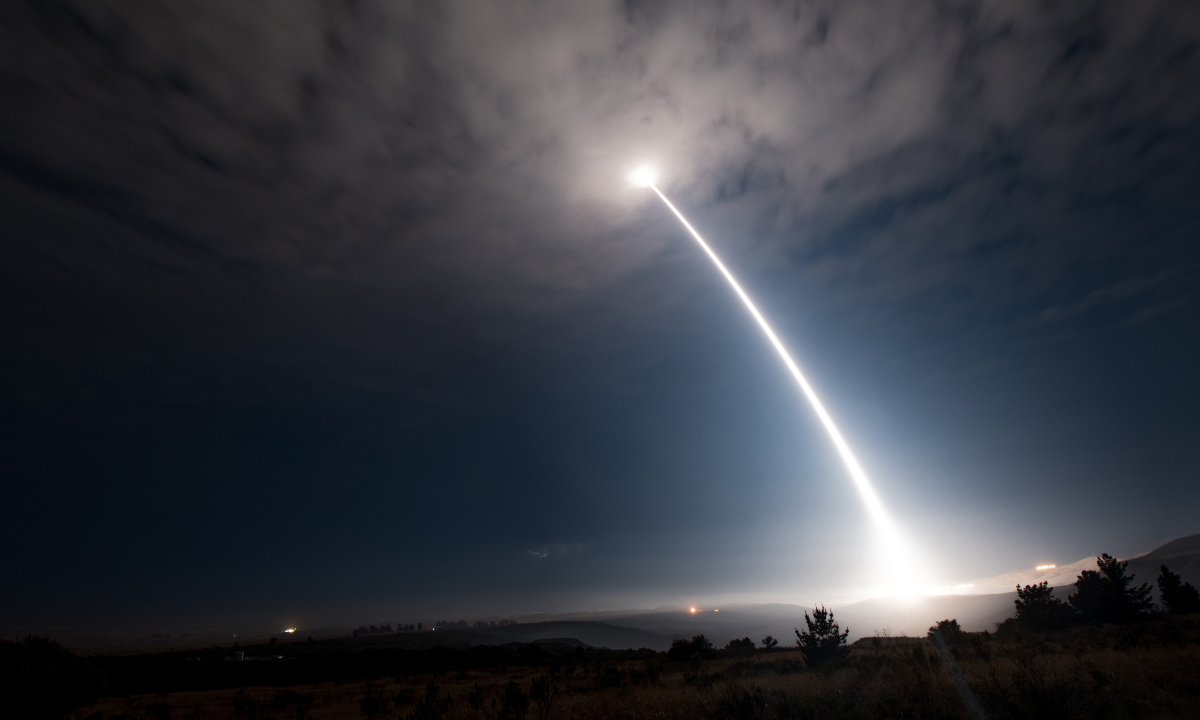The cornerstone of nuclear deterrence relies on the mutual fear of devastation. Both sides in a nuclear conflict understand the use of nuclear weapons would result in unimaginable destruction, making an all-out war an unattractive option. However, AI systems with advanced capabilities in data analysis and decision-making could disrupt this balance of power. An adversary might be convinced that an AI system could outmaneuver their defense systems or launch a disarming first strike, leading to a destabilizing arms race or a lower threshold for nuclear use.

Consider a future where an AI system, analyzing satellite data, satellite imagery, and open-source intelligence, identifies the movement of nuclear weapons in an adversary’s territory. Advised to neutralize the perceived threat, the system might recommend a preemptive strike without human intervention. The potential consequences are significant: the use of nuclear weapons could result in catastrophic destruction and potentially escalate into a protracted nuclear conflict.
Moreover, the potential consequences of an erroneous or malicious decision by an AI system are devastating. False alarms or miscalculations based on incorrect data or assumptions could result in a panic response, a nuclear launch, and a nuclear war that was avoidable. Additionally, an adversary might use AI to create a fake alert or provoke a response, increasing the likelihood of a nuclear conflict.
However, it is necessary to remember that the capabilities and intentions of AI systems are not yet defined. The potential for AI to be a disruptive force in the nuclear domain depends on how it is developed and used. To mitigate these risks, a multi-faceted approach is needed. International norms for the use of AI in nuclear deterrence could help establish guidelines for responsible AI development and deployment. Furthermore, reducing reliance on autonomous systems in critical decision-making processes and ensuring the reliability and transparency of AI systems could minimize the risks associated with integrating AI into nuclear strategies.
The integration of advanced AI systems into nuclear deterrence is a complex and significant issue that requires careful consideration of the potential implications and risks. In a new era of technological advancement, the ability of AI to analyze vast amounts of data and make complex decisions autonomously has the potential to disrupt the balance of power in nuclear strategies, escalate tensions, and increase the likelihood of nuclear war. Therefore, concerted efforts from nuclear powers to establish international norms, ensure reliability, and promote transparency in AI development and use are essential to minimize the risks and preserve the nuclear peace.

